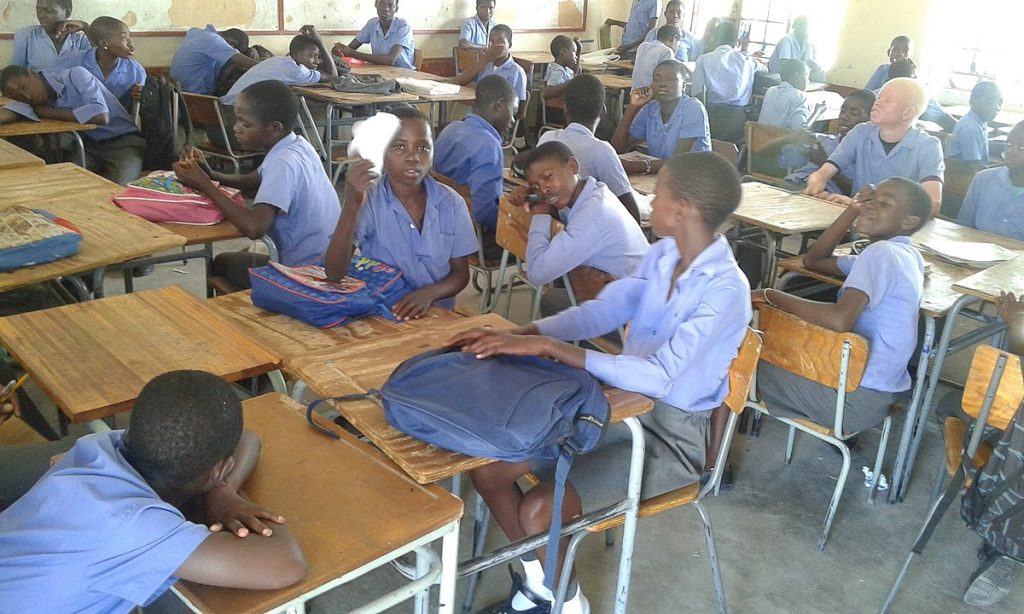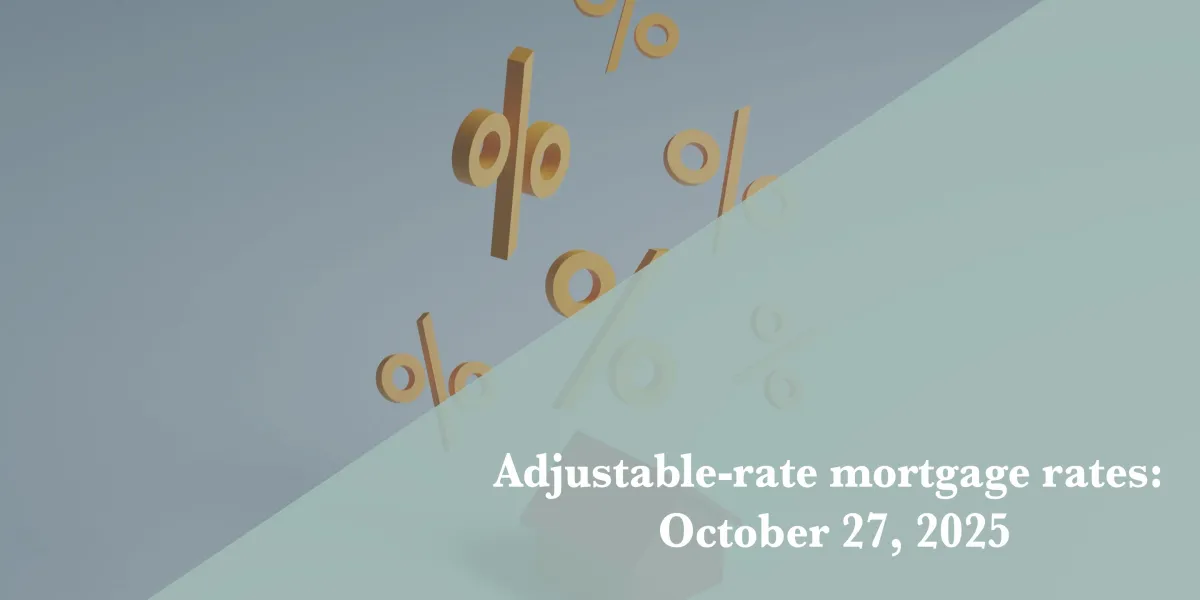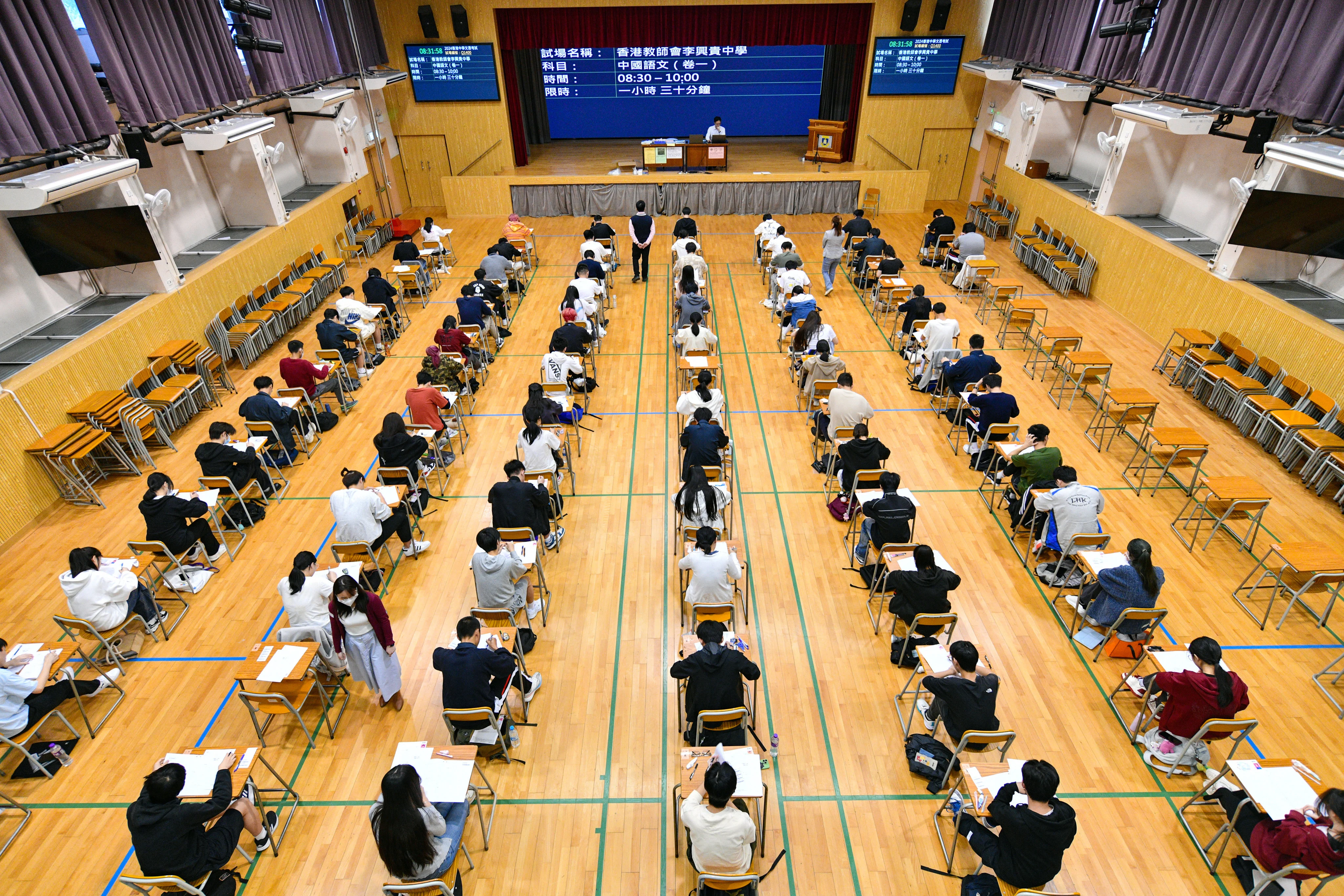Copyright namibian

Namibians should stop fooling themselves that the government has great policies which fail because of poor implementation or bad leadership. It is worse than that. Instead, the country is being hit by a combination of bad policies (though not all) and incompetent leadership that too often results in poor execution of even the best intentions. The push by president Netumbo Nandi-Ndaitwah for free tertiary education is the latest example. What possessed the president to promise free education barely a month after becoming head of state? If not the typical popularity contest that afflicts most politicians on the campaign trail, what could have driven her? Did president Nandi-Ndaitwah obtain any useful data from her ministers of education and finance before committing to making tertiary education free starting in 2026? Having seen the dismal failure and chaotic implementation of free basic education in 2013 by the late minister of education, Abraham Iyambo, one would have thought president Nandi-Ndaiwtwah, who has been in government leadership since independence, would have learnt the lesson of avoiding similar pitfalls. It was obvious from finance minister Ericah Shafudah’s revised budget this week that the government is scrambling to gather money for the registration fees of pupils. Education minister Sanet Steenkamp is putting on a brave face to assure the public they are on course to roll out free education in 2026. Yet what comes through is that ‘consultations’ are still in the early stages, with bombastic terms like ‘modalities’ being thrown in to give the impression of accomplishment. What the president needs to be told at this point is that her government’s promise of free tertiary education for all Namibian pupils is a non-starter if the country is to provide quality and useful education. Besides, Namibia’s education system requires an overhaul to become meaningful in this digitally-driven technological world. The number of university graduates who are unemployed continues to grow partly because of essentially free or heavily subsidised education paid for with tax funds. Young Namibians have been poorly advised into believing that any college or university certification will guarantee them jobs. Now the country has an oversupply of graduates in social fields like law, public administration, public relations, personnel management (aka human capital), journalism, teaching… In the process of churning out academic certificates, quality of skills for the job market have been sacrificed. A 2021 survey by the National Council for Higher Education showed that 34% of graduates were unemployed. Subjects in the stem (science, technology, engineering and mathematics) fields have been neglected in no small part because of the focus on free education at primary/basic level that placed emphasis on attendance rather than learning for comprehension and productivity. The shortage of Namibians in the engineering fields is so acute that schools lack competent teachers in those fields. Yet, the government, which is demanding 51% Namibian ownership in mining businesses, has not bothered to invest adequate resources to prepare primary and secondary school children for training in science, technology, engineering and mathematics. The danger of free tertiary education is a repeat of what’s happened at the best government schools: children of the ruling elite and the attendant middle-class will connive to snap up the opportunities. Inevitably, the children of domestic and farm workers, who can’t afford access to the internet for one, will be left even further behind. What makes the free tertiary education policy a bad idea is that the little money that was allocated to the most needy pupils (however flawed the process may have been), will now be spread even more. There’s simply not enough money to give to everyone. President Nandi-Ndaitwah has made too many promises which are divorced from a basic understanding of the universal principle that resources will always be scarce. Hence the need to appreciate the competence required to make difficult choices between equal priorities. The president and her government must shake each other into a state of reality. Namibia cannot afford to continue repeating the same mistakes.



